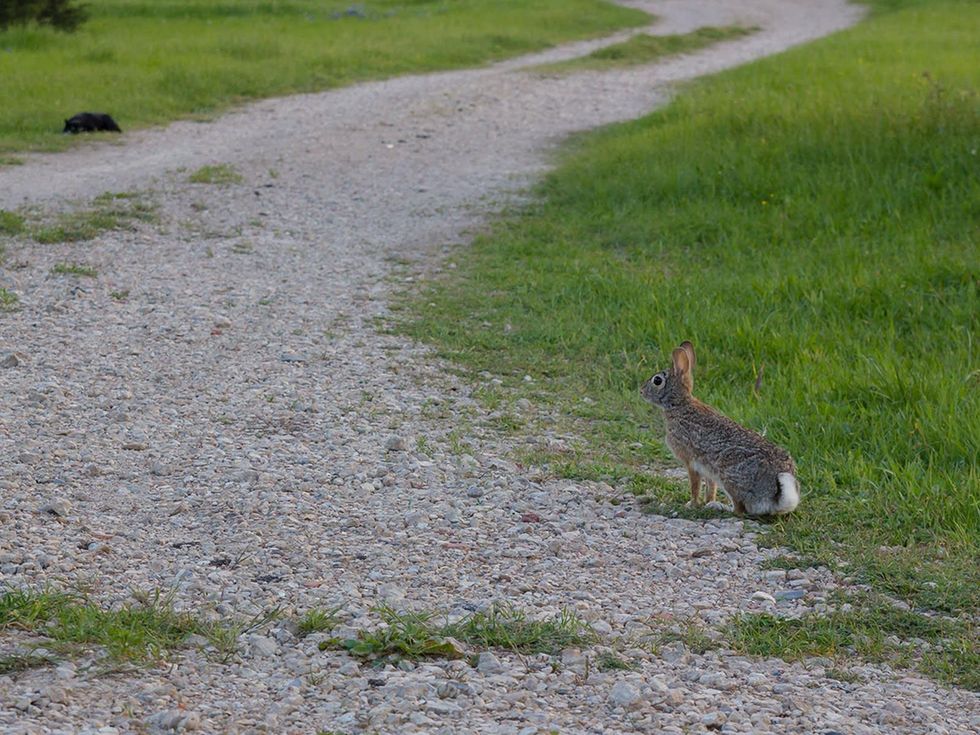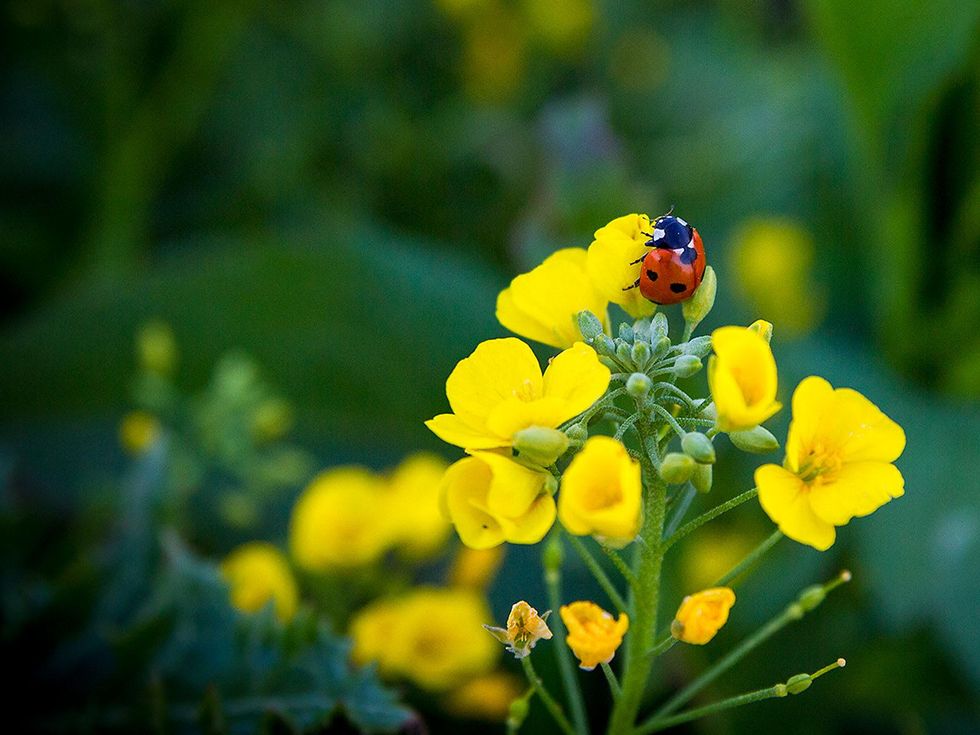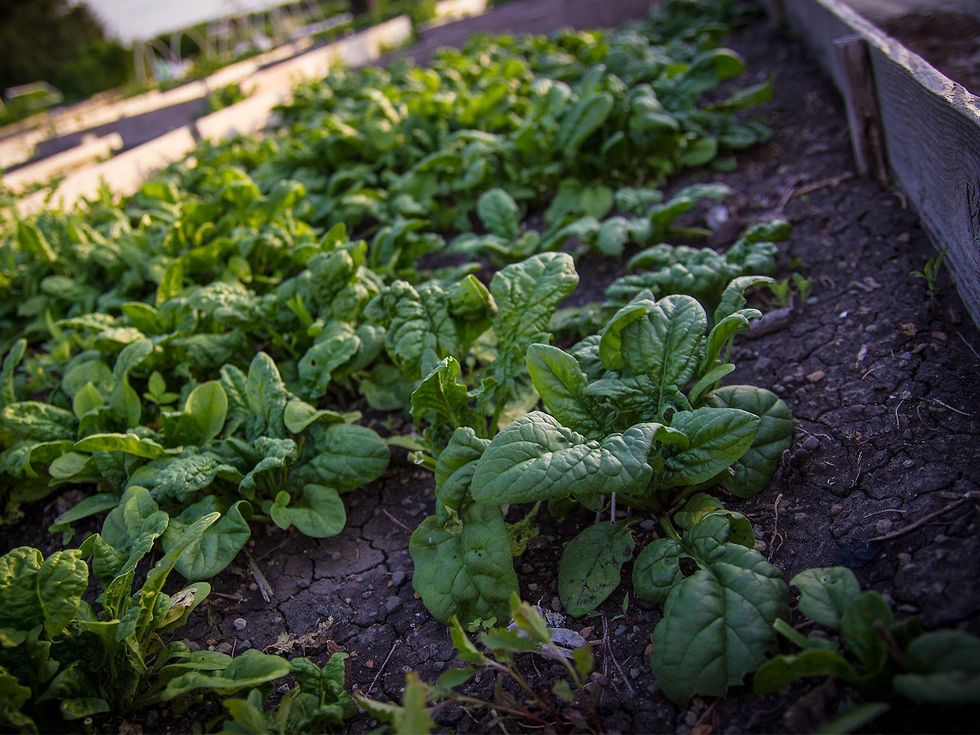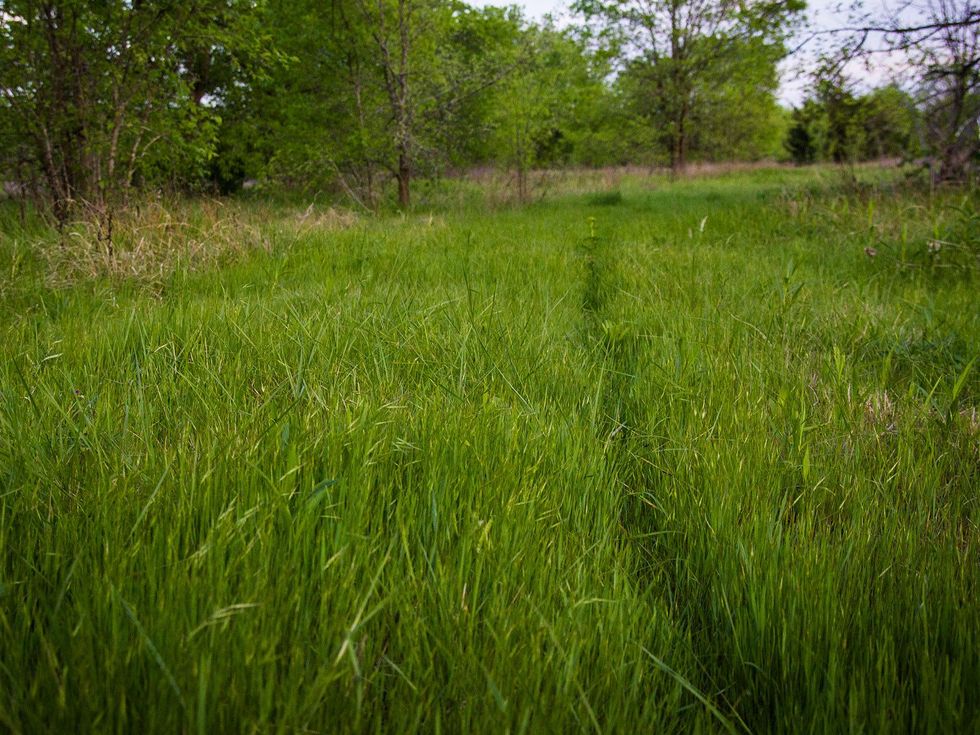The Farmer Diaries
Texas farmer lets nature do its thing and reaps the benefits
Anyone who passes my house can plainly see that I don't care about a well-manicured lawn. Even the garden where I've undertaken my experiment in food independence is far from beautiful.
Aside from a few beds of flowers that become gorgeous when they bloom, I live and work in an overgrown area that would rack up code violations if I lived within the city limits. Some people might call it shabby and untidy. But they haven't discovered the benefits of letting nature get a foothold in their environment.
Take, for example, an experience I had this winter after planting a raised bed of spinach. Spinach has been an off-and-on success over the years. Sometimes I plant it, and it's ready for dinner six weeks later. Other years, not a single seed germinates.
With the natural flora pushed out, there's nothing left to sustain wildlife, aside from the food crops in a few backyards. We can't blame them when they take what we grow.
This year's planting was on course to a bountiful spinach harvest until one day when it disappeared overnight. Not a trace was left. What's more, a bed of carrots nearby was shaved to the ground as well.
I knew immediately whom to blame: the numerous Texas cottontail rabbits that take up residence near my garden.
I wasn't angry, and I immediately tempered my sense of loss by thinking about how much the rabbits needed the nourishment. But I was perplexed. I've always shared my home with wild rabbits. They're a nice sighting as the sun sets or early in the morning before they hide for the day. Never before had they as much as nibbled on a kale plant. Why now had they taken out a couple of beds of winter crops?
I replanted the spinach bed. The new seeds germinated soon. I didn't cover the bed or protect it from my rabbit friends because I didn't think they'd pull off a heist again. My hunch was right: Six weeks later, I am enjoying fresh spinach. And I figured out the real reason for this year's breach of the peace treaty between me and the wild tribes.
The lingering drought killed off the cool-season grasses that the rabbits normally eat. But recent rainfall has revived these grasses. And thanks to my hatred for the lawn mower, the grasses have grown midway up my calf. With native vegetation available, the rabbits have their supper back. The emergency is over. They have no need to trespass on my raised beds and gorge on the only green plants left.
I often hear complaints from gardeners about rabbit intrusions. Without fail, their gardens are located in neighborhoods where homes are surrounded by flat, mowed lawns or useless, exotic landscaping trees and bushes.
With the natural flora pushed out, there's nothing left to sustain wildlife, aside from the food crops in a few backyards. Such an environment is like a manmade, barren desert for our native creatures. We can't blame them when they take whatever food crops we grow.
Back to my grass. It was getting a little too high, even for me. I was about to break out the mower when the tops of those grasses burst into beautiful golden blooms.
The native wildflower called cloth-of-gold has taken root all around and started feeding the butterflies, moths and bees I'll need to pollinate my crops in a few weeks. These flowers will sustain the pollinators and habituate them to the area where I grow my melons, cucumbers, squash and other food crops that simply can't produce fruit without them.
On top of that, I've noticed that ladybugs have infested these wildflowers. Once the cloth-of-gold goes to seed and dies, those ladybugs will migrate to my raised beds at just about the time my food crops will have grown large enough to need protection from aphids. Rather than buying organic pest control products, I can rely on an army of homegrown ladybugs to come to my rescue.
Doing the right thing often takes sacrifice or work. But every once in a while, we can reap benefits by being "lazy" – by letting go of the urge to control our environment and giving nature a little room.




